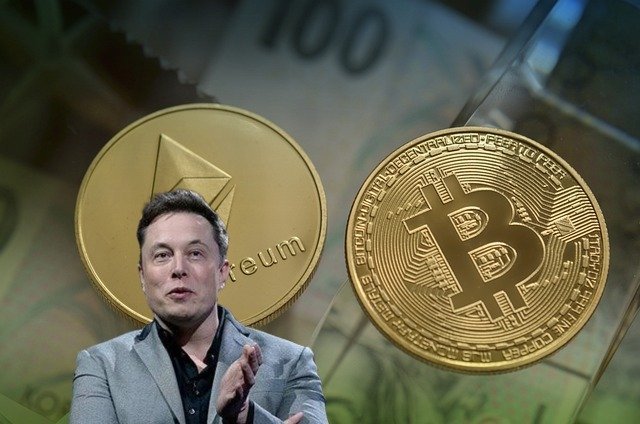#ElonMusk #Brazil #JusticeSystem #OnlinePlatforms #TechFines #DigitalEconomy #FreeSpeech #InternetRegulation #TechNews #GlobalTech
In the digital age, the tussle between technology giants and governmental regulation is a common sight. In the latest episode of this global drama, X, formerly known as Twitter and now under the umbrella of Elon Musk’s vast business empire, finds itself at the center of legal scrutiny in Brazil. The country’s highest authority in jurisprudence, Justice Alexandre de Moraes, has handed down a verdict that could potentially set a precedent for how online platforms are regulated within the nation. According to Friday’s decision, X is required to settle one final fine before it can resume its operations in Brazil, marking a significant moment in the ongoing dialogue between technology firms and regulatory bodies.
This decision comes at a pivotal moment for both Elon Musk’s business ventures and for Brazil’s approach to internet governance. Musk, known for his ambitious and sometimes controversial ventures, ranging from space exploration with SpaceX to groundbreaking electric vehicles with Tesla, acquired Twitter in a deal that sent waves through the tech and financial worlds. Under his ownership, the platform has undergone significant changes, including a rebranding to X. This rebranding signifies a shift towards creating an all-encompassing digital platform. However, the transition has not been without its challenges, as evidenced by the legal hurdles in Brazil.
The imposed fine underscores the challenges that digital platforms face when navigating the complex web of international laws and regulations. Brazil has been at the forefront of internet regulation, implementing the pioneering “Marco Civil da Internet,” a framework aimed at safeguarding rights online, regulating digital commerce, and ensuring freedom of expression while combating misinformation. The standoff with X highlights the delicate balance that needs to be struck between allowing free speech and preventing the spread of harmful content. It raises critical questions about the extent of control and accountability expected from digital platforms, especially those with global reach like X.
As X prepares to pay the stipulated fine and re-enter the Brazilian market, the implications of this case extend far beyond the borders of Brazil. It signals to tech companies worldwide the importance of adhering to local regulations and the potential financial and operational impact of non-compliance. Furthermore, for users and stakeholders, it reaffirms the role of governments in regulating the digital space, striving to create a safer and more reliable internet environment. This development in Brazil could inspire other countries to take similar actions, influencing the global discourse on the regulation of digital platforms and the responsibility they bear in shaping public discourse. As the digital landscape continues to evolve, the interaction between technology innovators and regulatory bodies will undoubtedly continue to shape the future of online communication and commerce.





Comments are closed.